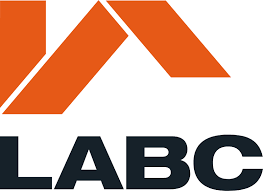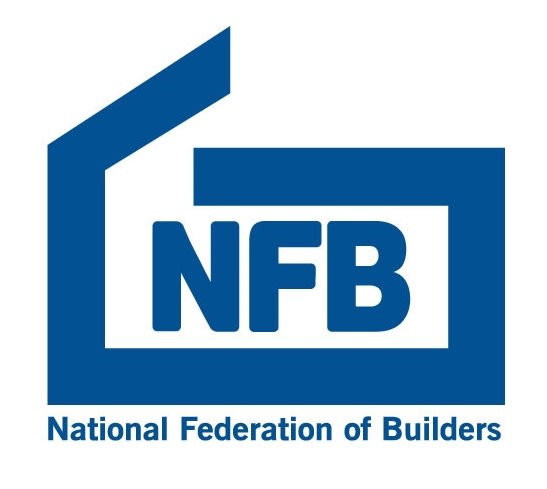May Overview – Rudi Klein

PBAs: THE ROUTE TO GENUINE COLLABORATION
Project bank accounts have been with us for well over 20 years. Almost 12 years ago their use was mandated by the government for all departments, agencies and non-departmental public bodies (quangos).They were not required to be used if there were “compelling reasons” not to use them. One of the main reasons for not using them is that the project is of short duration. This policy was repeated in the Construction Playbook published by the Cabinet Office in December 2020.
All the devolved jurisdictions are now using PBAs for projects over £2m ( although they can be used below this threshold).From July legislation in the Australian state of Queensland will require the use of PBAs for all construction projects ( in both public and private sectors) above £640k.
The reason for highlighting PBAs is that they are an essential element within any framework for collaborative working. If it is claimed that a project was a truly collaborative one, my first question is: are you using a PBA and, if not, why not. A PBA is used for all project payments and, if retentions are used (which are anti-collaborative) they can be protected within the trust status attached to the account. All project participants are paid simultaneously out of the same “pot”.
Ensuring speedier and timely payments help create the trust amongst all project participants which is the bedrock of true collaboration.
Over the years countless SME supply chain firms have “sung the praises” of PBAs which have enabled them to be paid well within 20 days. National Highways(NH) have been using PBAs for many years and can attest to the changes in culture and behaviours brought about by PBAs. Every project participant, including consultants, on highways works is paid directly from the PBA. By 2025 NH will have paid for £20 billion worth of works through PBAs. All subcontractors are paid within 19 days of the main contract assessment date. NH has also documented significant cost savings through using PBAs.
The industry is now having to face numerous challenges including a rapidly rising cost base, decarbonisation of its product and an impending building safety regime. PBAs are no longer an afterthought. They are now an essential part of a collaborative culture needed to effectively address these challenges.
Professor Rudi Klein is a member of the CEM Board
















